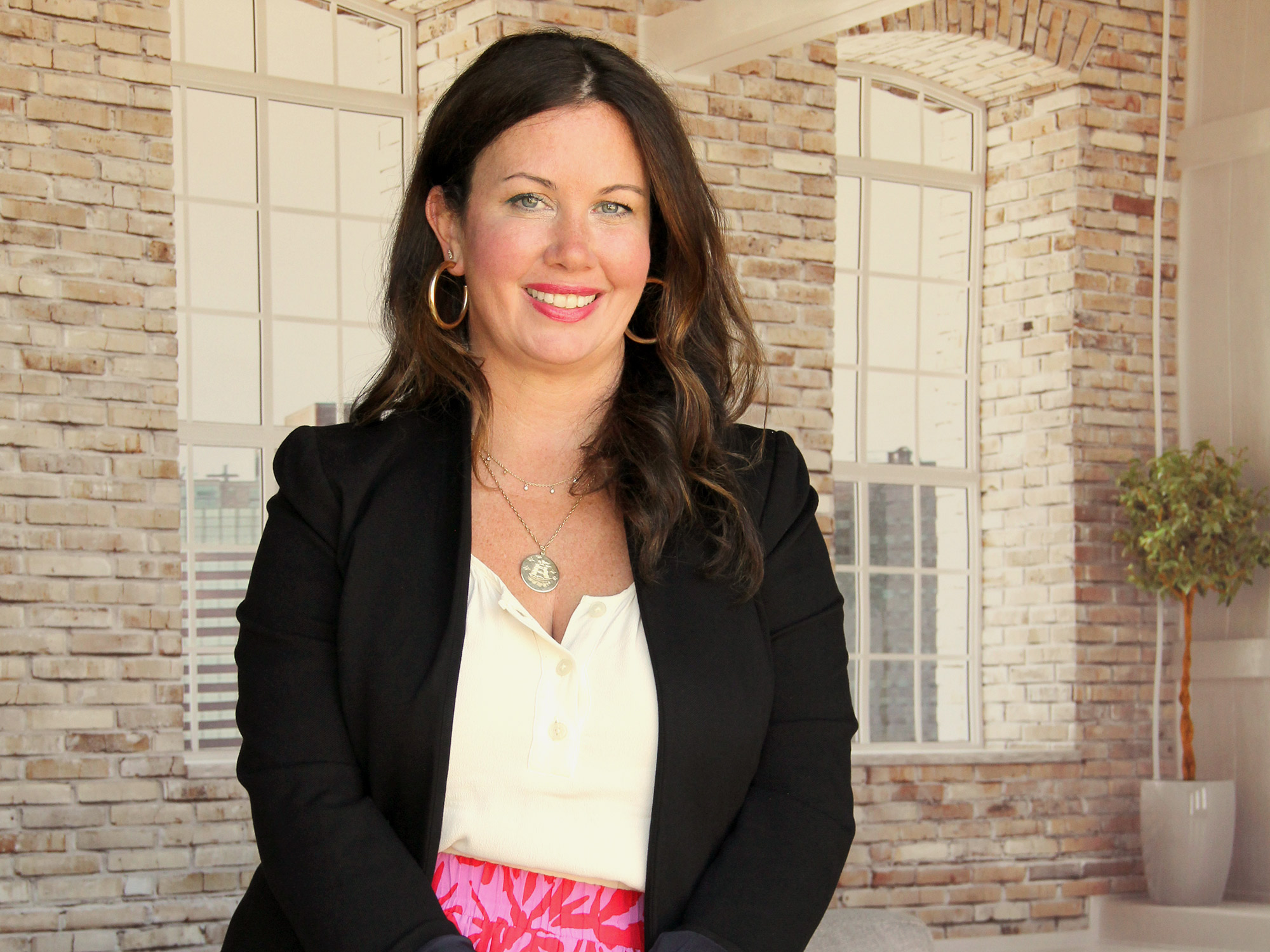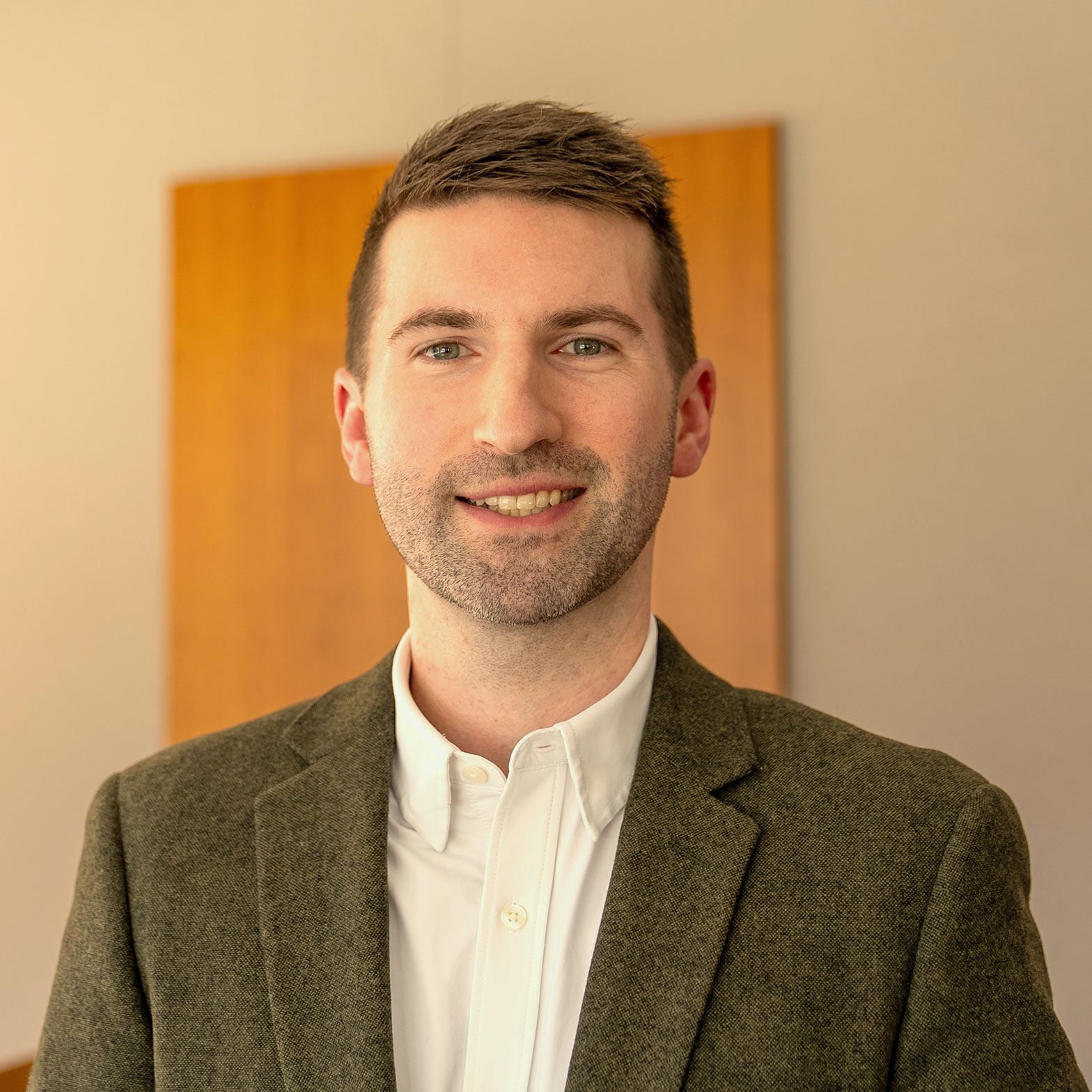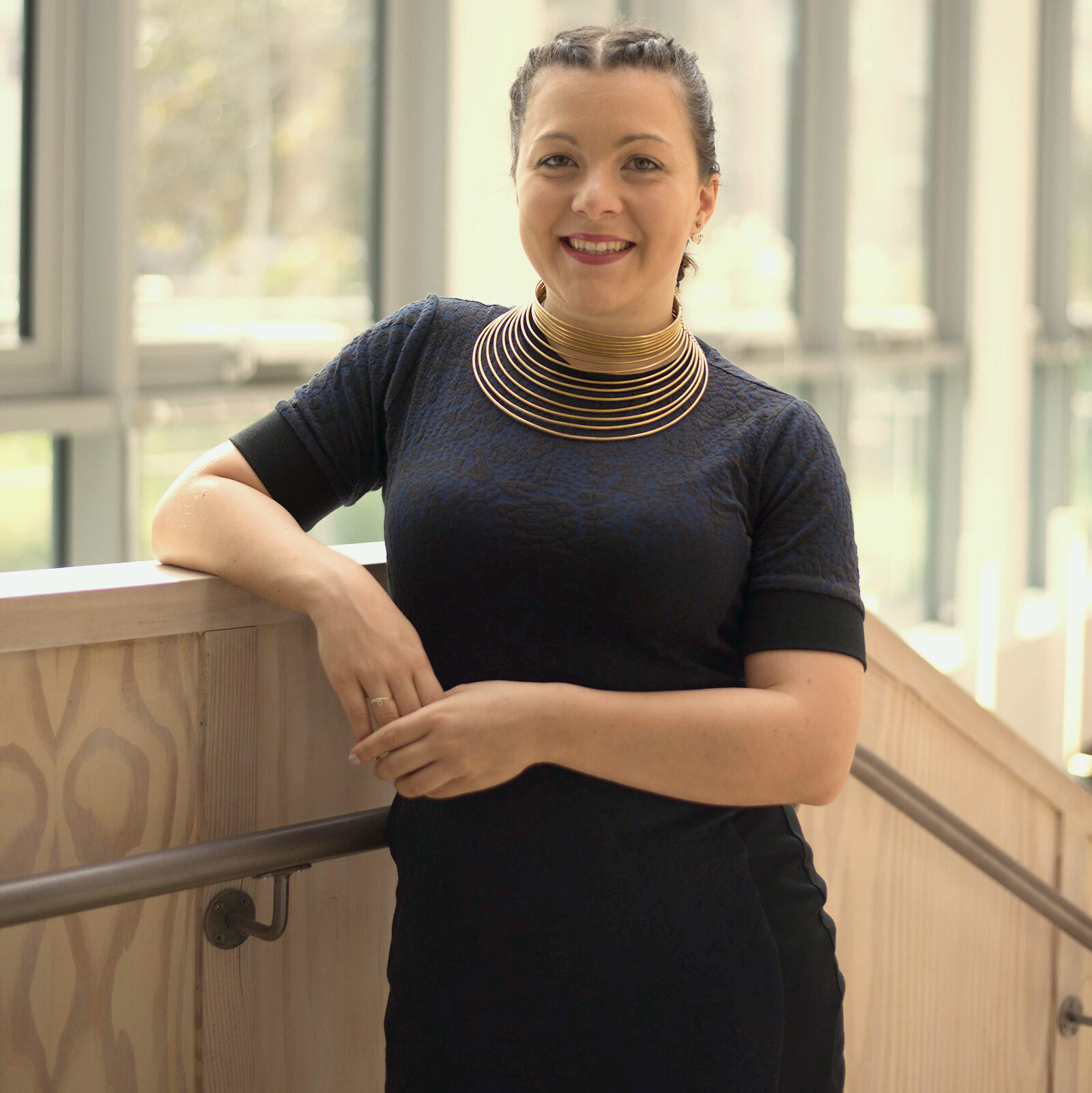Program Overview
Psychology is a growing, in-demand field, and a master’s degree can open doors to a wide range of careers. With more organizations focusing on mental health and wellbeing, professionals with advanced training in psychology are needed more than ever. Through the Psychology Master’s Degree Program, you’ll:
- Deepen your understanding of what drives human behavior — the biological, behavioral, and psychosocial — and explore social, emotional, and cognitive functioning.
- Learn how research is carried out in psychology and cognitive science.
- Build a strong foundation in statistics and other methods.
- Explore key topics like development, emotion, social psychology, cognitive neuroscience, positive psychology, and abnormal psychology.
- Graduate with a Harvard University degree: Master of Liberal Arts (ALM) in Extension Studies in the field of Psychology.
This program takes a theoretical rather than clinical approach and does not lead to clinical licensure.
Whether you’re preparing for a career pivot, advancement in your current role, or a doctoral program, you’ll build foundational knowledge in psychology to make a greater impact.
Courses
As you work through the program’s 12 courses and complete either a thesis or capstone project, you’ll have the opportunity to examine a variety of topics in psychology — guided by expert faculty from Harvard and beyond.
Example Courses
- Cognitive Neuroscience
- Neurobiology
- Mindfulness, Meaning, and Resilience
- Sleep and Mental Health
- Evolution
- The Opioid Epidemic
You’ll join faculty and peers for the on-campus course Engaging in Scholarly Conversation. See course spotlight.
Stackable Certificate
As you work your way toward your master’s degree, you can take courses that also count — or “stack” — toward a graduate certificate. It’s a cost-effective, time-saving opportunity to build specialized skills and earn more professional credentials. For each certificate, you can choose courses that best fit your goals.
Stackable graduate certificates include:
Admissions
The path to your degree begins before you apply to the program. You’ll earn your way in through our performance-based admissions, completing coursework for admission and earning credits toward your degree right away.
Next Start Term
You can enroll in your first admission course this summer or fall.
Course registration opens March 3 for summer and in mid-July for fall.
Featured Faculty
Our psychology instructors bring a genuine passion for teaching, with students giving our faculty an average rating of 4.6 out of 5.
Career Opportunities & Alumni Outcomes
Graduates of our Psychology Master’s Program work in the fields of mental health, research, healthcare, human resources, and education.
Sample Alumni Job Titles
- Guidance Counselor
- Clinical Psychologist
- Academic Coordinator
- Research Program Manager
- Clinical Supervisor
- HR Consultant
Sample Ph.D. Programs
Some alumni continued their educational journeys and worked toward Ph.D.s, including at:
- Harvard Graduate School of Education
- Harvard Graduate School of Arts and Sciences
- Harvard School of Public Health
- Johns Hopkins University
- Columbia University
- Brown University
Program Benefits
Experience a rigorous curriculum. 99% of recent graduates would recommend the program.
Access career advising and other services through Harvard’s Mignone Center for Career Success, including career fairs like the Ivy+ Just in Time Virtual Career Fair.
Pursue entrepreneurial opportunities through the Harvard Innovation Labs
Complete an in-depth thesis or capstone project.
Explore paid research opportunities through the Faculty Aide Program.
Become a member of the worldwide Harvard Alumni Association (400,000+ members) and Harvard Extension Alumni Association (29,000+ members).
Tuition & Financial Aid
Learn more about the cost of attendance.
FAQs
How long does it take to complete the psychology graduate program?
Program length is ordinarily anywhere between 2 and 5 years. It depends on your preferred pace and the number of courses you want to take each semester.
For an accelerated journey, we offer year round study, where you can take courses in fall, January, spring, and summer.
While we don’t require you to register for a certain number of courses each semester, you cannot take longer than 5 years to complete the degree.
What can you do with a master’s degree in psychology?
A master’s degree in psychology can open doors to a range of psychology-related careers, such as a behavioral counselor, career advisor, or drug and alcohol specialist.
This type of degree can also enhance non-psychology careers, like those in the fields of advertising, human resources, and retail sales.
Understanding human behavior is an invaluable skill that spans industries and careers.
What is the difference between a master’s degree in psychology and clinical psychology?
Both types of master’s degrees provide a detailed look into human behavior.
However, a psychology master’s degree can be broader in scope and more widely applicable to a variety of careers, while a clinical psychology masters is more specialized for analyzing and treating a range of mental health disorders.
What skills do you need prior to applying for the psychology master’s degree program?
Harvard Extension School does not require any specific skills prior to applying, but in general, it’s helpful to have solid communication, critical thinking, and active listening skills if you are considering a psychology master’s degree.
Initial eligibility requirements can be found on our psychology degree requirements page.
Does the psychology master's degree program lead to clinical licensure?
No. The Master of Liberal Arts (ALM) in Psychology offers an in-depth, theoretical study of human behavior and is not designed to provide a direct path to clinical licensure or meet clinical licensure requirements.





